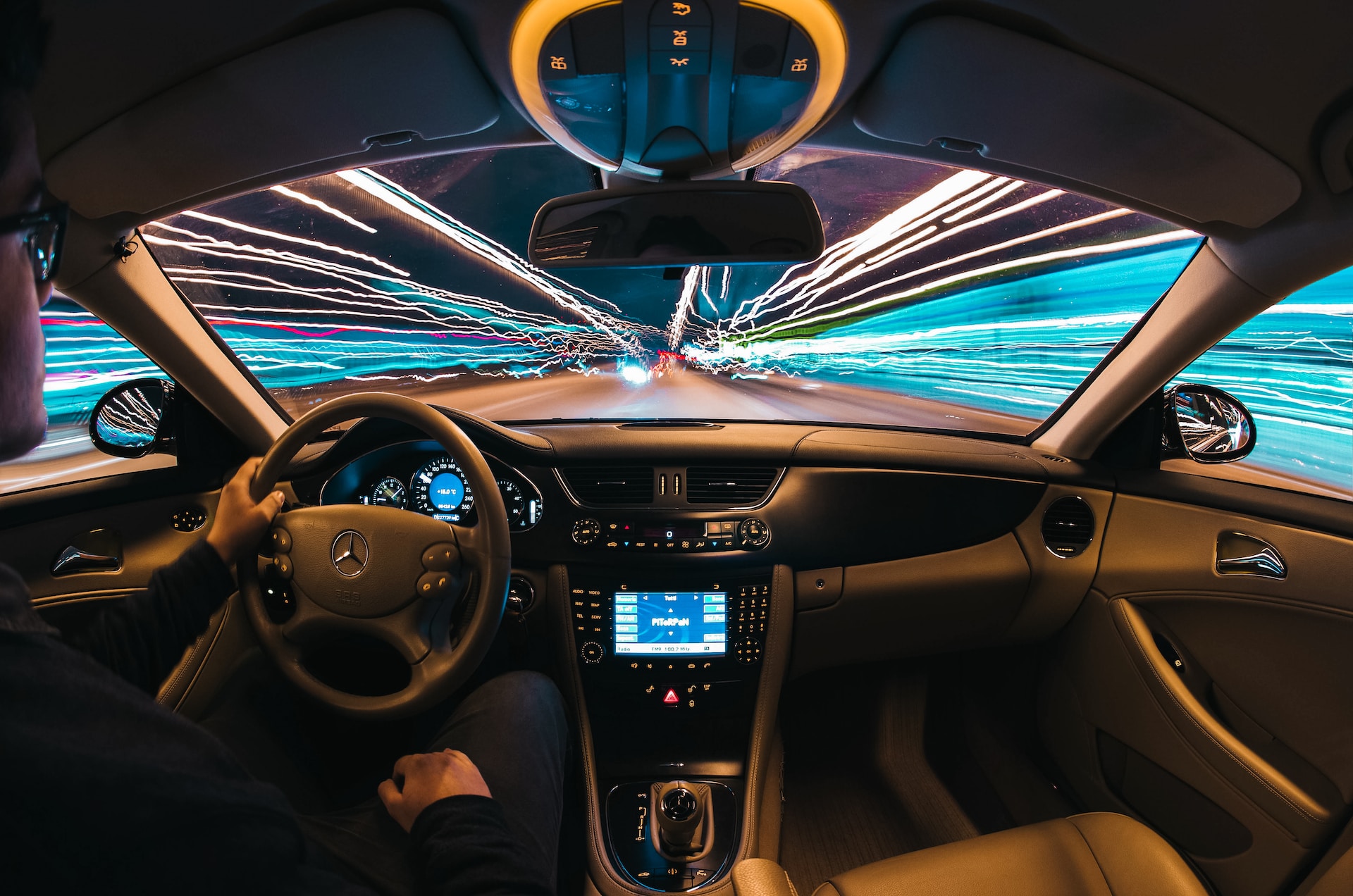As a journalist, I am excited to report on the future of transportation and the innovative technologies that are shaping it. One of the most promising developments in this field is the Hyperloop, a high-speed transportation system that uses magnetic levitation to propel passengers through a vacuum-sealed tube at speeds of up to 700 miles per hour.
The Hyperloop was first proposed by entrepreneur Elon Musk in 2013, and since then, several companies have been working to develop and commercialize the technology. One of the most prominent of these companies is Virgin Hyperloop, which recently completed its first passenger test in November 2020.
The potential benefits of the Hyperloop are numerous. It could drastically reduce travel times between cities, making it possible to commute long distances in a matter of minutes. It could also reduce traffic congestion and air pollution, as well as provide a more sustainable alternative to air travel.
However, there are also challenges to be overcome. The cost of building a Hyperloop system is high, and there are concerns about the safety and reliability of the technology. Additionally, there are regulatory hurdles to be addressed, as the Hyperloop is a new and untested form of transportation.
Despite these challenges, the Hyperloop represents a promising vision for the future of transportation. As a journalist, I will continue to follow the development of this technology and report on its progress, as well as explore other high-speed transportation options that may emerge in the years to come.




